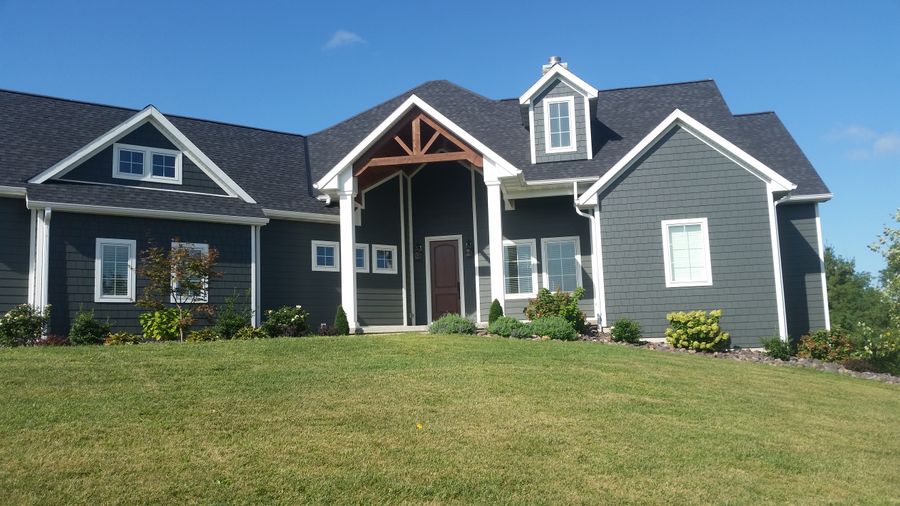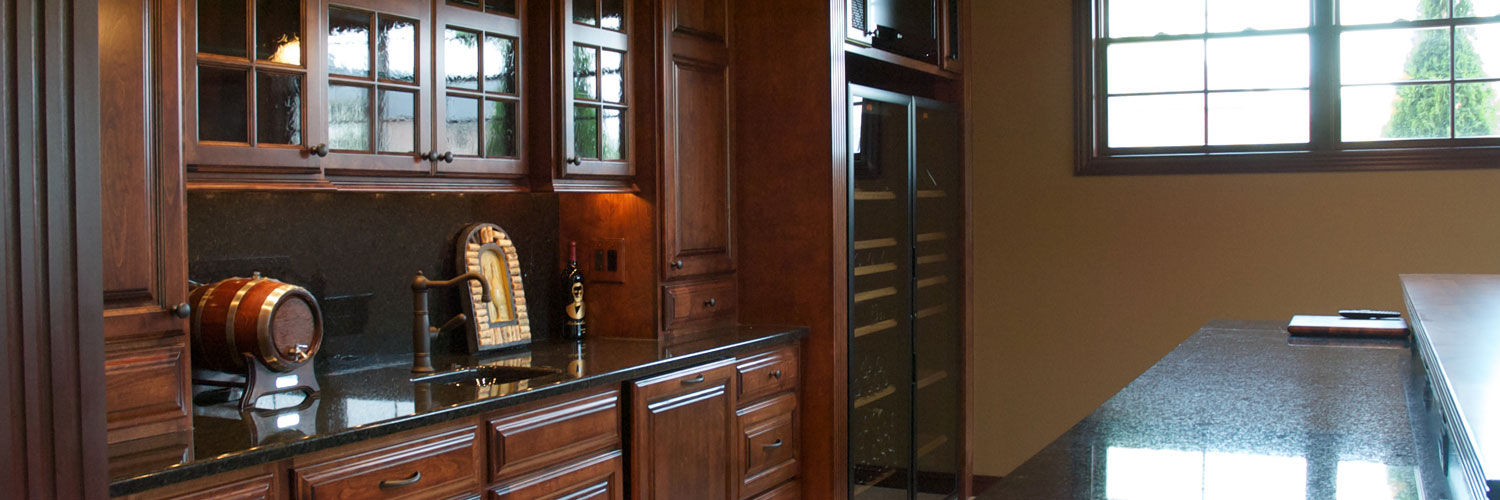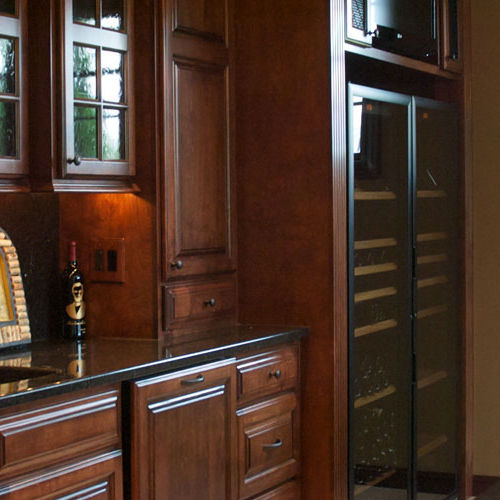Gallery: Exteriors



Tips on knowing what to look for and what questions to ask
Choosing a contractor can be a tricky business. If you have plans during the coming year to do some work on your home, we found these tips from the folks at US News and World Report. Their contributor, Teresa Mears, writes about personal finance, real estate and retirement for U.S. News and other publications. Her advice is solid and we thought it might be a great place for you to start if you are thinking about adding to or remodeling your home. Teresa includes advice from Angie Hicks – best known for founding Angie’s List. Here’s what she has to say:
Choosing the right contractor can make the difference between a successful home renovation project and a disaster. But even for experienced renovators, finding the right contractor can be a challenge.
“It can be difficult to hire contractors and know what you’re getting,” Hicks says. “You’re spending a lot of money, and you’re dealing with your home. If they do it wrong, there can be a whole lot of heartache.”
If you’re doing a big project, you’ll need a general contractor, who may hire subcontractors for specialty work such as plumbing and electrical. Homeowners with renovation experience sometimes work as their own general contractors, hiring specific tradespeople for each job. While this may save you money, it can be time-consuming and will mean multiple contractor searches instead of just one, since you’ll have to find a specialist for each smaller job.
Whichever way you go, there are steps you can take to find the right contractor while still keeping your budget – and your sanity – under control. Here are some tips to help you find a contractor who will get the job done right.
Know what you want before you get estimates. “Start with a plan and some ideas,” Hicks says. “Don’t start by talking to contractors.” You’ll get a more accurate estimate if you can be very specific in what you want done and the materials you would like to use to make it happen.
Ask friends, relatives and co-workers for references. People in your neighborhood who have done similar projects are your best sources. If you know people in the building trades, ask them, too. Employees of local hardware stores may also be able to provide referrals.
Expect a contractor to be too busy to start right away. “The best folks are the busy ones,” says Cannon Christian, president of Renovation Realty in San Diego, which remodels homes before they’re sold.
Ask what work will be done by the contractor’s employees and what work will be done by subcontractors. Christian advises asking for an employee list to make sure the contractor really has the employees he says he does and won’t be using casual labor hired off the street.
Choose the right contractor for the right project. Someone who did a good job tiling your neighbor’s bathroom isn’t necessarily the right person to build an addition to your home. You want to find a company that routinely does the kind of project you want done. “You don’t want them to use you as a guinea pig,” Hicks says.
Check licenses, complaints and litigation history. General contractors and most subcontractors should be licensed, although the procedure varies by state and municipality. Check the disciplinary boards, Better Business Bureau and local court records for problems. Ask the contractor for a copy of his license and copies of the licenses of the major subcontractors who will work on the job.
Check references. Talk to both clients and subcontractors, who can tell you if the contractor pays them on time. “See if you can talk to current customers,” Christian says, because those clients have the most recent experience working with the contractor.
Read online reviews, but don’t consider that enough information. Angie’s List does not allow anonymous reviews, and the site checks to see whether reviewers actually used the contractor. Yelp and Google also have some reviews. You want to read the reviews carefully to make sure the contractor is the right person for your job and will work well with you. Keep in mind that reading reviews is not a substitute for checking references.
Sign a detailed contract. Make sure your contract spells out exactly what will be done, including deadlines, progress payments, the materials that will be used down to the model number and who will provide which materials.
Don’t sign a contract for your entire renovation budget. No matter how careful you and the contractor are in preparing for the job, there will be surprises that will add to the cost. “They can’t see through walls,” Hicks says of contractors. Expect to spend at least 10 percent to 15 percent more than your contract.
Negotiate ground rules. Discuss what hours the contractor can work at your home, what kind of notice you’ll get, what bathroom the workers will use and what will be cleaned up at the end of every workday.
Talk to the contractor frequently. For a big job, you may need to talk every day. If you see a potential issue, speak up immediately. Something that is done wrong will be harder to fix later after your contractor has packed up and moved on to his next job.
Don’t make the final payment until the job is 100 percent complete. Contractors are notorious for finishing most of the job and then moving on before they get to the final details. Don’t make the final payment until you are completely satisfied with the work and have all the lien releases and receipts.
If there's building or remodeling in your future, we hope that you will call Dale Koontz - Builder and let us show you how we can use our years of expertise to put your mind at ease. Wishing you the best for a prosperous 2020!
ADDRESS:
3316 Cambridge Estates
Quincy, IL 62301
PHONE:
(217) 228-1117
EMAIL:
info@koontzbuilder.com